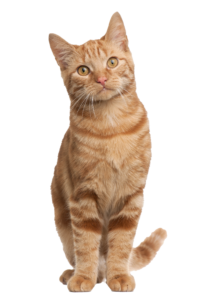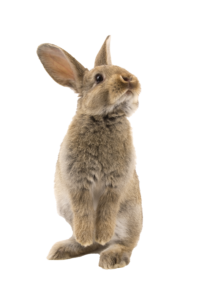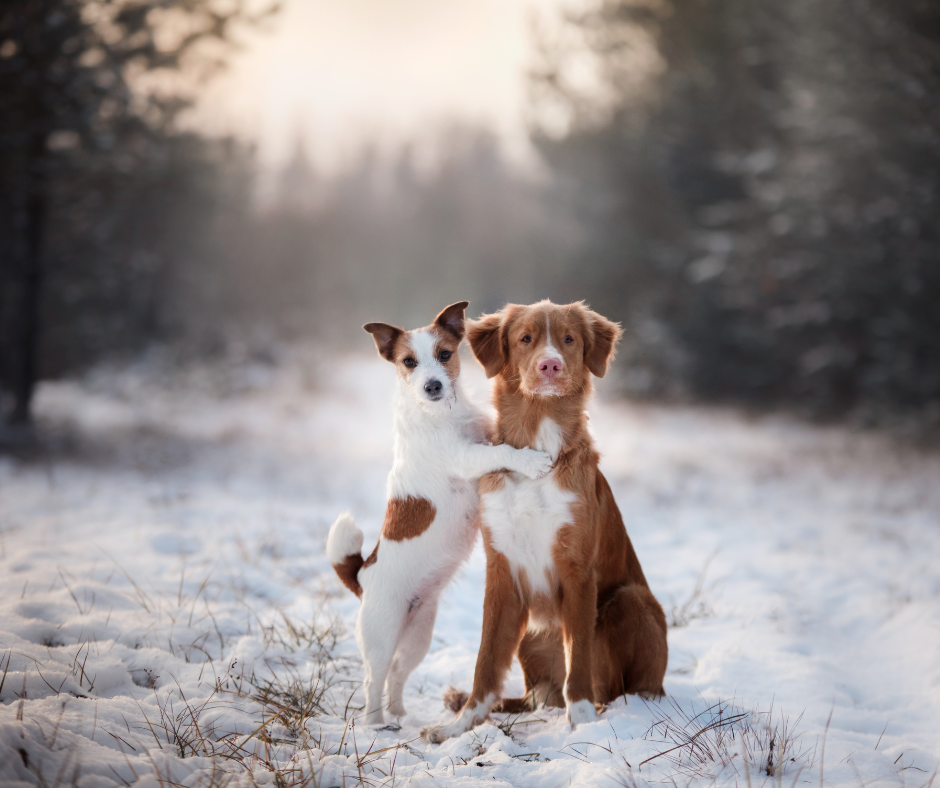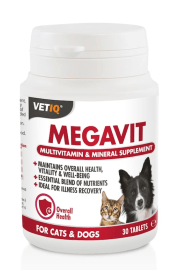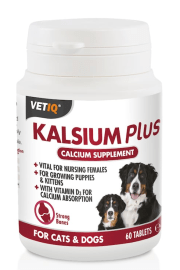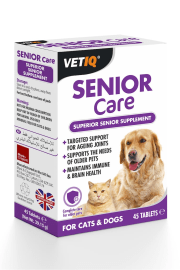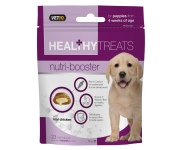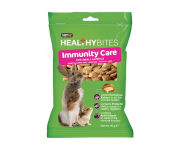The coming of Winter means that health considerations should be a priority for both pet owners and their animals! Those who own pets like dogs, cats, and small animals such as gerbils, rabbits, and ferrets have a responsibility to not only keep themselves healthy but also to prioritise their animals’ well-being.
Despite the abundantly warm, furry coats owned by most pets, the dropping temperatures and dry air of the season can take their toll.
By putting the following advice into practice, pet owners can rest easy knowing that their four-legged pals will be just as cosy and healthy as they are.
Tips For Keep Your Pets Healthy This Winter
During the winter season, pet owners should:
1. Bring small animals indoors.
Most rabbits or other small mammals are housed in outdoor hutches with good-sized runs during the warmer months, but they need to be reviewed during the colder months and should be brought indoors during the Winter season.
If the weather is mild and your animals remain outdoors, at least ensure that the hutch is sheltered so that cold rain and snow cannot make its way inside. Shielding the hutch from wind will also help ensure that the animals within aren’t subject to dangerously cold wind chills. Plus, any hutches or other animal structures remaining outdoors should include warm bedding, a heating pad, and water bottles protected from freezing.
2. Maintain healthy paws!
Ensuring that dogs get proper walks is a hugely important part of their care, but the cold ground can wreak havoc on their soft, often sensitive paw pads.
Taking long walks without paw protection can lead to miserably sore paws. But, pet owners can reduce the risk of damaged and cracked paw pads by choosing to take their dogs on briefer but more frequent walks throughout the day to avoid prolonged exposure to the ground.
Additionally, drying a dog’s skin and paws after any time spent outdoors is crucial. Pet owners should take proper care to remove irritating salt residue from between their dog’s toes and from their paws.
And dogs with sensitive paws will benefit from wearing booties on even the shortest treks!
3. Know what frostbite looks like.
In areas where the temperature regularly falls to below-freezing temperatures, it becomes a necessity to recognise the signs of frostbite and know how to care for the wounds, should they occur.
Certain parts of a pet’s body are more prone to frostbite than others and deserve particular attention, including the ears, tail, and toes.
Tell-tale signs of frostbite include:
- Redness and swelling
- A lack of warmth from the area
- Loss of skin
Because leaving frostbite untreated can lead to devastating effects, it’s always best to seek advice from a veterinarian regarding any of these symptoms. In the meantime, immediately bathing the area in lukewarm water is a good strategy.
4. Beware of burn risks.
All cat parents have likely witnessed their feline children curling up for a nap in the oddest places—in the winter, these “odd” places will likely be the warmest spots in the house. It may look cute for a cat to rest beside a space heater, air vent, or fireplace, but the reality is that prolonged exposure to this intense heat could lead to burns during a cat’s rest.
Pet owners of all types should be aware of the spots in their home where pets may try to settle for a snooze and keep these dangerous places out of reach.
Instead, a pet’s caretakers should provide warm and comfortable bedding away from direct heat sources. For the cosiest results, owners should use thick, soft bedding materials and keep the setup away from cold tile or concrete floors.
5. Prepare in advance for blizzards and other inclement weather.
It’s always a good idea to be prepared for the worst, particularly in the winter when a loss of electricity can lead to plummeting indoor temperatures and longer hours of darkness. Those with any kind of animals in their care should take care to carefully consider their pets’ needs, too, and include them in any emergency planning!
A general rule of thumb is to mirror a “human” emergency list for your pets — blankets, extra food, a flashlight, bottled water, and medications are all necessities for pets who are caught indoors in a snowstorm without electricity.
Pet Supplements
In addition to the winter tips above, pet parents shouldn’t forget about their pets’ diets during the cold season! Vitamins and supplements remain just as important as ever. From formulations designed for older pets to supplements developed specifically to boost the health and well-being of small animals, pet supplements exist in all varieties.
Pet owners should carefully research the supplements available or speak to a veterinarian about which pet supplements best meet the needs of their pets when considering age, breed, and condition.
For starters, pet owners can check out these five pet supplements, hand-picked and listed below:
 VetIQ® Megavit
VetIQ® Megavit
Multivitamin & Mineral Supplement (for Cats + Dogs)
- Maintains overall health, vitality & well-being and is recommended for cats and dogs of all breeds.
- VetIQ® Megavit is a high potency vitamin and mineral supplement, specially formulated to help maintain the overall health, vitality & well-being of your pet.
- Contains essential blend of nutrients including important B Vitamins to help support metabolism.
 VetIQ® Kalsium Plus
VetIQ® Kalsium Plus
A Calcium & Phosphorus Supplement (for Cats, Dogs, Puppies + Kittens)
- VetIQ® Kalsium Plus tablets provide an additional source of Calcium & Phosphorus, which are necessary to support the growth & good health of your pet.
- It contains Vitamin D for improved calcium absorption and it is particularly beneficial for puppies, kittens and nursing females during times when calcium demand is high and there is additional need to maintain growth & health.
 VetIQ® Senior Care Supplement
VetIQ® Senior Care Supplement
A supplement that supports the needs of older pets (for Cats + Dogs)
- As pets get older their nutritional needs change, particularly during the Winter months.
- VetIQ Senior Care Supplement is specially formulated to help provide superior health support for cats & dogs aged 6 years and over.
- It maintains their immunity and brain health and provides targeted support for ageing joints.
- If contains a full complement of vitamins, amino acids, minerals and Ginseng, which are proven to help maintain the immune system and aids in increasing energy and stamina during physical activity, which is necessary for ageing pets.
Healthy Treats Nutri-Booster
Nutritional boosters for puppies and kittens (for Puppies + Kittens)
Specially formulated by animal nutritionists to support your puppies’ and kittens’ immune systems and build healthy teeth and bones.
Healthy Bites Immunity Care For Small Animals
Healthy Bites Immunity Care For Small Animals have been developed by animal nutritionists, to promote your small pet’s wellbeing. They support and aid their immune system and aid in healthy digestion. Plus, they’re delicious!
Keeping pets healthy during the winter is more than being careful or conscientious—it’s a necessity! Luckily, some preparation, consideration, and a healthy diet full of pet supplements will get the job done.


